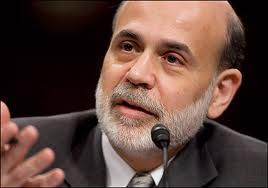In Hernando de Soto’s very interesting commentary, he expands Federal Reserve Chairman Ben Bernanke’s thoughts that the U.S. needed to “re-learn some of the lessons” that have led to success among emerging market economies. The bulk of his commentary focuses on the reliability of accounting records that guarantee or make credit trustworthy, including the deeds, titles, liens and other documentation that establish who owns what and how much, and who holds the risks.
Questions:
1. Was there any place in the article where de Soto mentioned something that sounded like the monetary unit assumption that provides a foundation for the accounting process? Were there any other assumptions or principles of accounting that he used in his commentary or could be inferred? Explain.
2. Relate de Soto’s article to the accounting equation. Based on this what is the premise of his article?
3. Explain what de Soto means by the statement “Information on debts is passed to the ledgers of ‘special-purpose entities’ (SPEs) – think Enron, which had more than 3,000 SPEs — or swept into illegible footnotes. “ What are SPEs? Briefly explain how Enron used them in perpetrating one of the nation’s largest frauds.
Source:
Hernando de Soto (2011). The Cost of Financial Ignorance., Washington Post, Oct. 7 (Retrievable online at http://www.washingtonpost.com/opinions/the-cost-of-financial-ignorance/2011/10/03/gIQAEU3yTL_story_1.html











